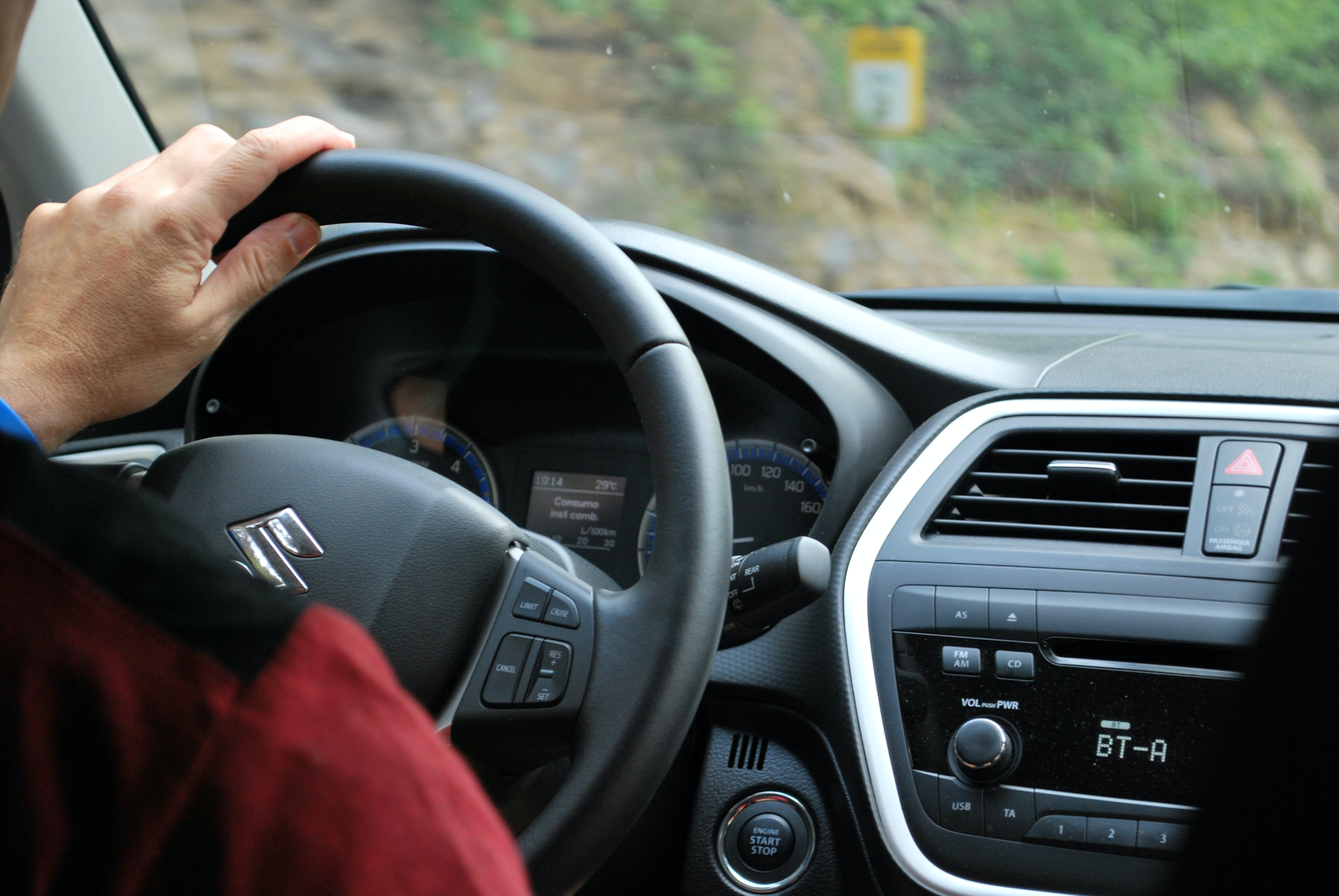Buyer’s guide: How to budget for your first car

For most people, having a car isn’t a choice. It’s required to go to the office, for groceries, to see friend —basically to go almost anywhere. How can you keep this required purchase from breaking your monthly budget and get a car that suits your preferences? In general, the answer is to go with “as little as you can.”
Morgan Housel, a great writer for The Motley Fool, says saving money boils down to making good choices on the three biggest expenses in your adult life: the house you buy, the car you buy, and how much you pay for college.
There are several formulas that can be followed in order to buy a car that suits your budget
1.The price of your car should not exceed your annual salary
There’s a very simple calculation that can guide you on how much you should spend on a car. The car you can afford to buy is the one with a price that costs less than your monthly gross salary multiplied by 12.A fresh graduate with a starting salary of roughly RM2,700 would have an annual gross income of RM32,400.
Using that as a guide, an affordable car to purchase would be the Perodua Axia, with the E variant priced at RM23,367 (not inclusive of car insurance) being the safest bet of all. Something like a Proton Saga 1.3 Standard manual should be considered a splurge at RM32,800, but still somewhat attainable.
However, always consider the long-term financial implications of taking on a car loan that outnumbers your annual salary.
2. Not more than 15 per cent of your salary for monthly instalments
If said fresh graduate decides to purchase said Perodua Axia and takes a five-year loan with a 10 per cent downpayment and 3 per cent interest rate (estimated), they would be paying roughly RM400per month, which is just under 15 per cent of a RM2,700 pay check.
Bumping the term up to seven or nine years will bring monthly repayments down to about and RM250 respectively. Some opt for the latter simply because less seems better but it’s easy to forget that the longer the term of your car loan, the more interest you’ll end up paying.
Remember, the value of the car will soon depreciate. You don’t want to be tied to a long-term liability when the car is losing value. It is advisable to keep the loan repayment period as short as possible.

3. Used or new car?
The cars mentioned thus far may not sound very exciting, but buying a car according to your income can keep you from burdening yourself with debt at a young age. However, you can also consider purchasing a used car as your first vehicle if you want a wider pool of options while staying away from high financial burdens. With depreciation already taking its toll, used cars could be a wise choice for prudent buyers.
The main thing to consider when purchasing a used car is the cost of maintenance, as they come with more wear and tear and often have little to no warranty coverage left. With sufficient research and careful inspection of the car you’re planning to purchase, it is definitely possible for the savings to outweigh the incidental costs of keeping an older car running in tip-top condition.
Again, there is no shame in buying a smaller or second-hand car if you’re just starting out. It is better to utilise the extra money you have to build your savings and grow your wealth.
To conclude, the best way to know whether you can afford a new car or not is by taking into account all basic expenses such as accommodation, food, family, savings, investments and other needs first before splurging on a new set of wheels.

